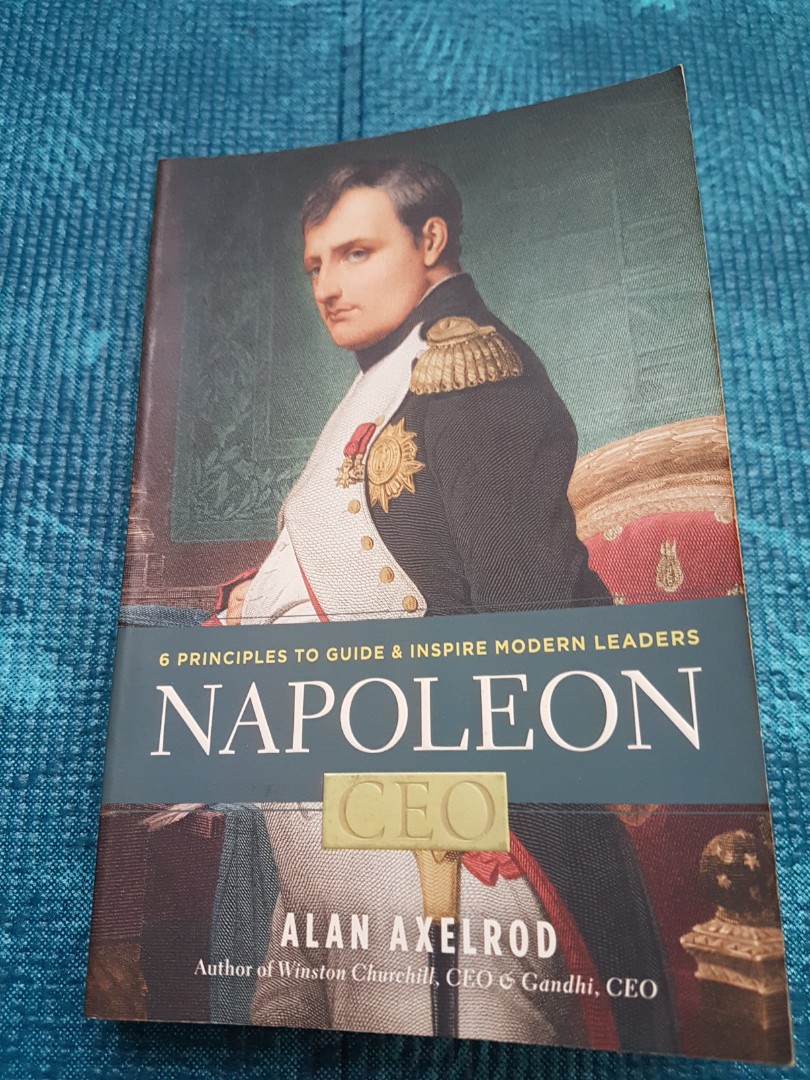The Future Of Luxury Cars In China: Lessons From BMW And Porsche's Experiences

Table of Contents
BMW's Strategic Approach to the Chinese Market
BMW's success in China isn't accidental; it's a testament to a well-defined, adaptable strategy. Their approach underscores the importance of localization, robust customer service, and a strong digital presence within the Chinese luxury car market.
Localization and Customization
Understanding Chinese consumer preferences goes beyond basic demographics. BMW has mastered this, focusing on nuanced aspects of the market.
- Tailored Models: Offering long-wheelbase versions of popular models caters to the preference for spacious vehicles. This simple adaptation has significantly boosted sales.
- Local R&D: Investing in local research and development facilities allows BMW to quickly adapt to evolving trends and consumer demands within the Chinese luxury car market. This reduces lead times and enhances responsiveness.
- Targeted Digital Marketing: BMW excels at using localized digital marketing campaigns, leveraging platforms like WeChat and Weibo to connect with specific demographics. This ensures their message resonates deeply within the target audience.
Building Strong Dealer Networks and Customer Service
A widespread and reliable dealer network is crucial for success in a geographically vast country like China. Exceptional customer service is paramount in cultivating brand loyalty in the highly competitive Chinese luxury car market.
- Extensive Network: BMW's robust dealer network ensures accessibility across China's diverse regions, bringing the brand experience closer to potential customers.
- Digital Service Integration: Streamlining service appointments and customer support through digital platforms enhances convenience and improves customer satisfaction, key aspects of the Chinese luxury car market.
- High-Quality Service Training: Investing heavily in employee training ensures consistent high-quality service, building trust and loyalty among customers.
Embracing Digital Marketing and E-commerce
The Chinese market is digitally driven. BMW’s success hinges on effectively leveraging digital platforms and e-commerce.
- Social Media Mastery: The effective use of WeChat and Weibo for engagement and brand building is a critical component of their Chinese luxury car market strategy.
- Online Sales Channels: Investing in robust online sales channels allows BMW to reach a broader customer base, catering to the growing preference for online purchases.
- Targeted Digital Advertising: Precise targeting of digital advertising campaigns allows BMW to maximize their reach and impact within the Chinese luxury car market.
Porsche's Focus on Brand Exclusivity and Experiential Marketing
Porsche's strategy contrasts with BMW’s, emphasizing brand exclusivity and experiential marketing to maintain its premium image in the increasingly competitive Chinese luxury car market.
Maintaining Brand Prestige
Preserving Porsche's aspirational image is paramount. Their strategies focus on exclusivity and showcasing heritage.
- Limited Editions: Releasing limited edition models and exclusive events caters to high-net-worth individuals' desire for unique ownership experiences within the Chinese luxury car market.
- Emphasis on Craftsmanship: Highlighting the brand's heritage and commitment to craftsmanship reinforces its premium positioning.
- Strategic Partnerships: Collaborations with other luxury brands enhance Porsche's image and appeal to a discerning clientele.
Cultivating a Strong Brand Community
Porsche fosters a strong sense of community among its owners, enhancing brand loyalty.
- Exclusive Events: Organizing exclusive events and experiences for Porsche owners cultivates a strong sense of belonging and reinforces brand affinity.
- CRM Investment: Investing in Customer Relationship Management (CRM) systems ensures personalized interactions and lasting relationships.
- Social Media Engagement: Porsche effectively utilizes social media to interact with enthusiasts, fostering brand advocacy and building a loyal community within the Chinese luxury car market.
Adapting to the Changing Chinese Luxury Consumer
The Chinese luxury consumer is evolving. Porsche is adapting to this change.
- Tech-Savvy Consumers: Understanding the preferences of younger, tech-savvy consumers is crucial for continued success within the Chinese luxury car market.
- Technological Integration: Integrating advanced technology and innovation into new models ensures Porsche remains competitive.
- Personalized Experiences: Porsche is focusing on providing increasingly personalized customer experiences to cater to individual preferences within the Chinese luxury car market.
Challenges and Opportunities in the Chinese Luxury Car Market
Despite the immense potential, the Chinese luxury car market presents significant challenges.
Intense Competition
The market is incredibly competitive, with both established international brands and emerging domestic players vying for market share.
Government Regulations
Navigating constantly evolving government policies and regulations regarding imports, emissions, and other aspects of the automotive industry requires constant vigilance.
Economic Fluctuations
The cyclical nature of the Chinese economy can greatly impact luxury spending, demanding flexible strategies.
Emerging Technologies
The rapid rise of electric vehicles (EVs) and autonomous driving technologies presents both opportunities and substantial challenges for luxury car manufacturers.
Conclusion
The future of luxury cars in China depends heavily on brands' ability to adapt to the market's unique characteristics. BMW and Porsche's experiences highlight the importance of localization, exceptional customer service, effective digital engagement, and maintaining brand prestige. By understanding the nuances of this dynamic market, other luxury car manufacturers can position themselves for success in this lucrative sector. Don't miss out on the opportunity to delve deeper into the future of luxury cars in China and discover the strategies needed to thrive.

Featured Posts
-
 Juliette Binoche Appointed President Of The Cannes Jury
Apr 27, 2025
Juliette Binoche Appointed President Of The Cannes Jury
Apr 27, 2025 -
 Ai And Human Design Insights From Microsofts Chief Designer
Apr 27, 2025
Ai And Human Design Insights From Microsofts Chief Designer
Apr 27, 2025 -
 Thueringens Reptilien Und Amphibien Der Neue Atlas Ist Da
Apr 27, 2025
Thueringens Reptilien Und Amphibien Der Neue Atlas Ist Da
Apr 27, 2025 -
 Movies And Shows To Watch On Kanopy A Free Streaming Guide
Apr 27, 2025
Movies And Shows To Watch On Kanopy A Free Streaming Guide
Apr 27, 2025 -
 Canadian Sourcing A Top Priority For Napoleon Ceo
Apr 27, 2025
Canadian Sourcing A Top Priority For Napoleon Ceo
Apr 27, 2025
